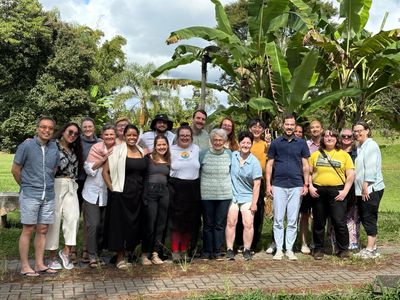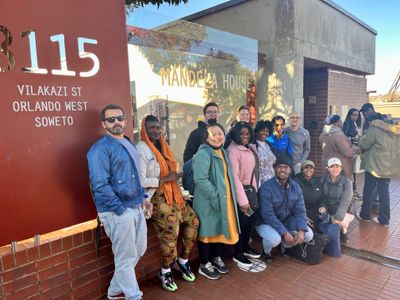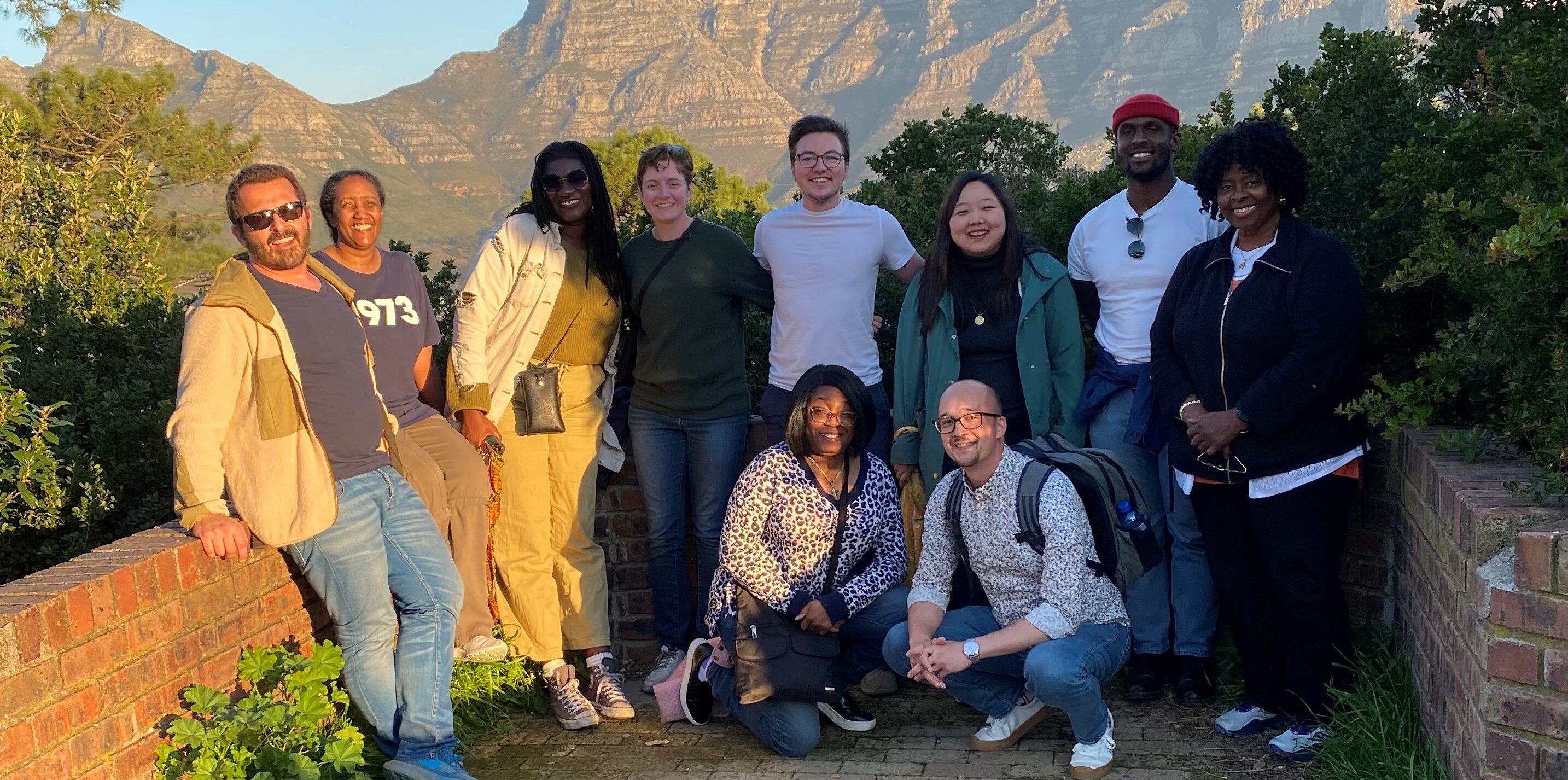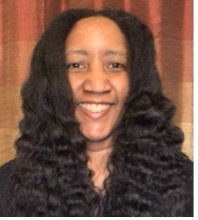One of the exciting opportunities the RCT Program provides students is the chance to learn, explore, and experiment with conflict transformation around the world via travel seminars.
Below is information on the most recent travel seminars that have been co-sponsored by the RCT Program. In the past, there have also been seminars in the Balkans, Israel and Palestine, the southern U.S. border, and a tour of key sites of the Civil Rights Movement in the American South.
2025
Liberation Theology and Socio-Environmental Conflict in Brazil (Drs. Rebecca Copeland, Filipe Maia, and James McCarty)
This travel seminar investigated the religious dimensions of socio-environmental conflict in Brazil through visits to the Landless Workers’ Movement (MST, Movimento dos Trabalhadores Rurais Sem Terra) and to communities in the Amazon region. Particular attention was paid to MST’s model of community organizing as a communal practice of conflict transformation and struggle for environmental justice. Students stayed at MST’s national school in the state of São Paulo to learn about the movement’s commitments to agrarian reform and the role of liberation theologies within MST. After that, students stayed at the Catholic University of Amazonas, in the city of Manaus, where they observed the social and ecological challenges in the Amazon region and engaged in dialogue with Indigenous and riverside communities struggling to preserve the vitality of the forest and its inhabitants. Throughout the immersion, participants explored innovations in Brazilian political and liberation theologies, the evolution of religious practices in the midst of socio-economic devastation, and experiments in social and environmental justice activism and peacebuilding in response to ecological destruction and climate change.
2023
African Theologies of Liberation and Reconciliation: The South African Case (Drs. Luis Menéndez-Antuña and James McCarty)
This course explored the role of Christianity, churches, and religions in the history of apartheid, its resistance, and the work of post-apartheid justice, unity, and reconciliation. Pastors and theologians created and administered apartheid. And other pastors and theologians led significant portions of the resistance against apartheid, especially after many of the most important political leaders were imprisoned in the 1960s and political parties that criticized the apartheid government were banned. In addition, religious leaders were central to leading the Truth and Reconciliation Commission, which has inspired countries emerging from gross human rights violations worldwide.
The course also explored how postcolonial and decolonial thought, Black Liberation theologies, and theologies and practices of reconciliation have influenced the history and politics of South Africa. By visiting key sites and meeting with community and religious leaders in Johannesburg and Cape Town, students gained tools to examine theo-political projects through decolonial lenses and were invited to apply such lenses to questions of liberation, violence and nonviolence, peacebuilding, racial justice, and reconciliation.

